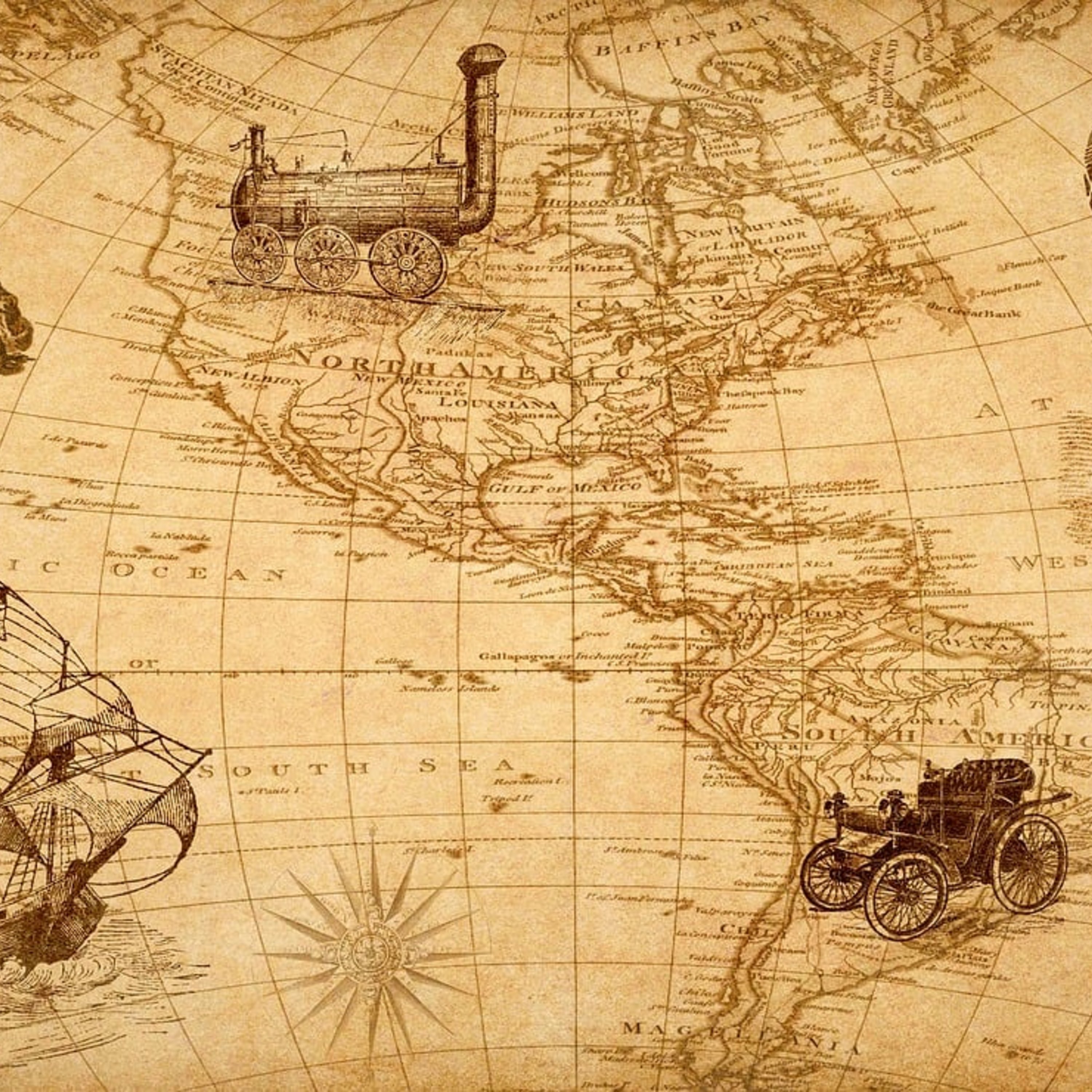Main Content
History at FGZ – a broad and solid education
"The farther backward you can look, the farther forward you can see."
Winston Churchill (1874-1965)
History education at our school is designed to inform our students in chronological progression about the events and developments from the emergence of the first advanced civilisations to Greek and Roman antiquity, from the European Middle Ages to the eventful early modern times and to the most significant revolutions of the 18th and 19th centuries, right up to the end of the 20th and the beginning of the 21st century. The lessons in the years before the Matura examinations are dedicated to the past and the current centuries. It goes without saying that particular attention is paid to the two World Wars, the time between the wars involving the destructive activities of the left and right extreme ideologies and the Cold War with its global implications and the way it finally came to an end. This last stage in history lessons helps students to categorise and understand historical developments and events that have occurred since then as well as in the present times.
This abundance of material shows that knowledge content plays a central role in our history lessons. Without precise and comprehensive individual knowledge, without knowledge about events and their causes, about ideologies and their implications, about historical personalities and their motives, about economic structures and their influence on the course of history, an in-depth understanding of developments and epochs, let alone of larger historical contexts, is not possible, which is why the knowledge and learning of facts and contents are indispensable. Competences such as linguistic ability, independence and the like are no longer acquired in opposition to the teaching content, but in parallel, as for example, reading and interpreting sources, understanding maps or independently working out historical facts.
The subject known as Civics shows this in an exemplary way. The knowledge of the most important facts of Swiss politics, the knowledge of our central institutions and of their powers, the awareness of the differences between direct and indirect, between concordance and competitive democracy, etc., combined with the study of current voting documents and upcoming elections as well as a visit to the Federal Parliament in Berne, is more than enough to arouse the interest of the pupils for civic issues and to increase their competence regarding active participation in Swiss politics and an understanding of international politics.
History as a supplementary subject lasting more than two years presents a special challenge. This particularly wide-ranging subject opens up the possibilities for a completely different kind of teaching to the basic subject, both in a thematic and organisational sense: on the one hand, a theme can be studied for a whole semester and therefore in much greater depth, meaning that subject areas that are neglected in normal lessons, such as the history of China, Japan or Africa, the history and present state of Islam or current global conflicts can be covered in lessons. The discussion of up-to-the-minute events, an increased intensity of reading, including daily newspapers, more active participation by the members of the class, excursions that tie in closely with the topics under discussion, as well as a seminar-style of teaching all characterise History as a supplementary subject.
History is always the story of people who made history and who are still making it. It is difficult to imagine an interest in history that is not also an interest in human issues, ideas and goals, the deeds and fates of people in the past, as well as in the present. This is why history lessons are also about arousing the students' sympathy for everything human and, if possible, increasing this sympathy. In this sense, our activity, in addition to the precise portrayal of the past and the present, always aims to make the "process of civilisation" clear in our pupils' minds. Our goal must be to ensure the happy continuation of this process, which is believed to have been established in history in modest approaches since the Enlightenment, in a more pronounced form since the middle of the last century, meaning that the tendencies towards the pacification and humanisation of Europe and the world are positively reinforced on our part.
